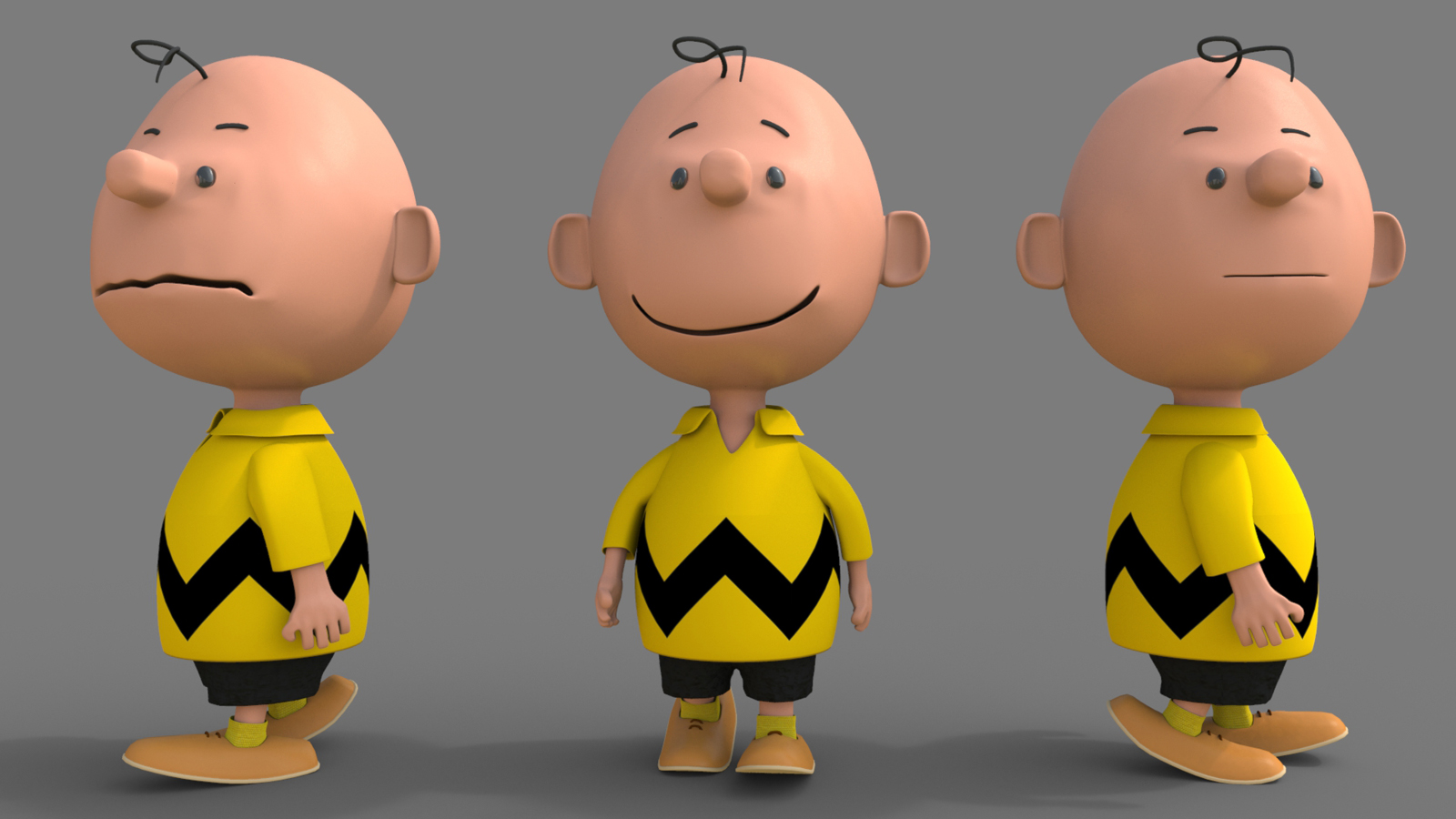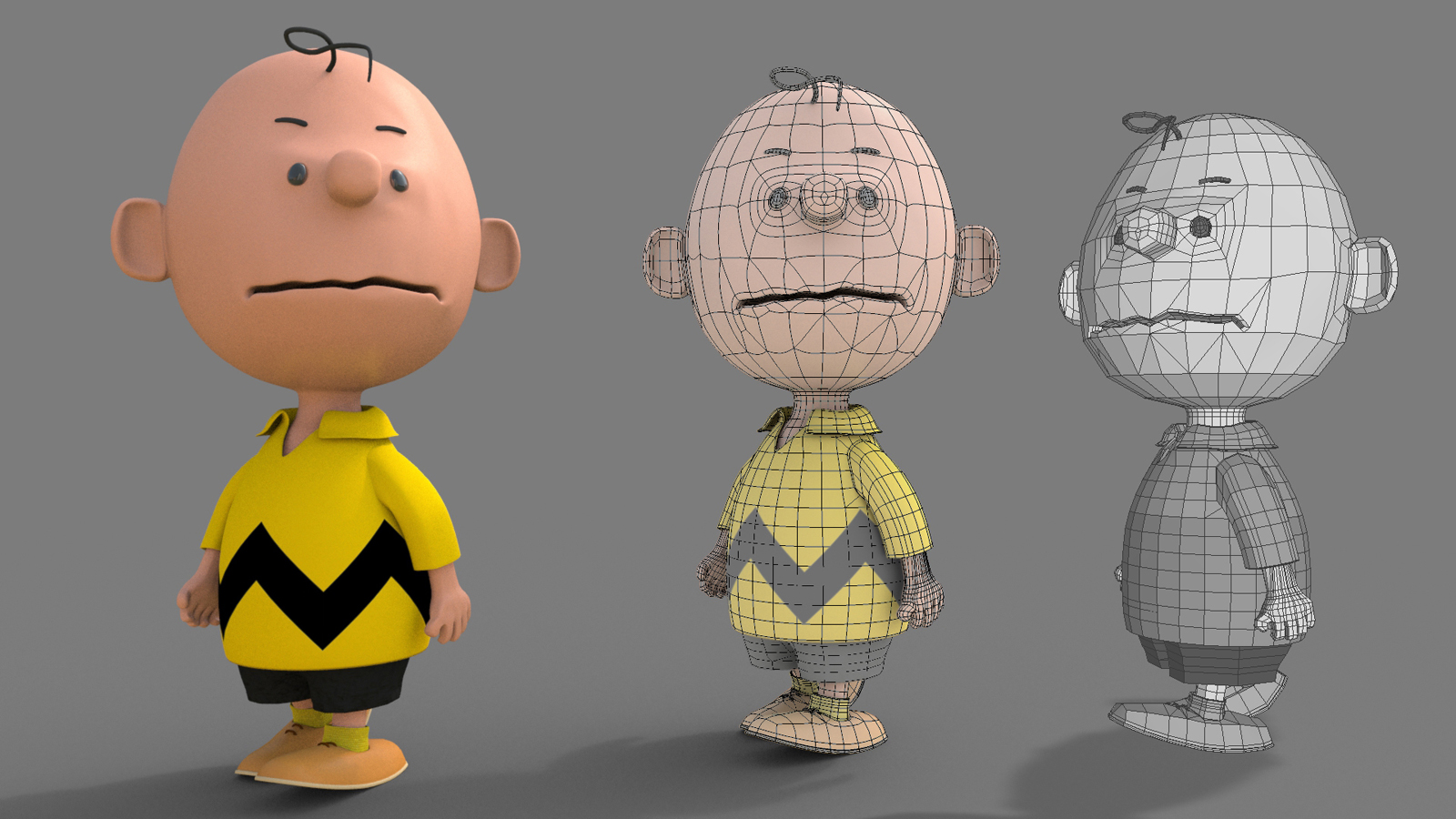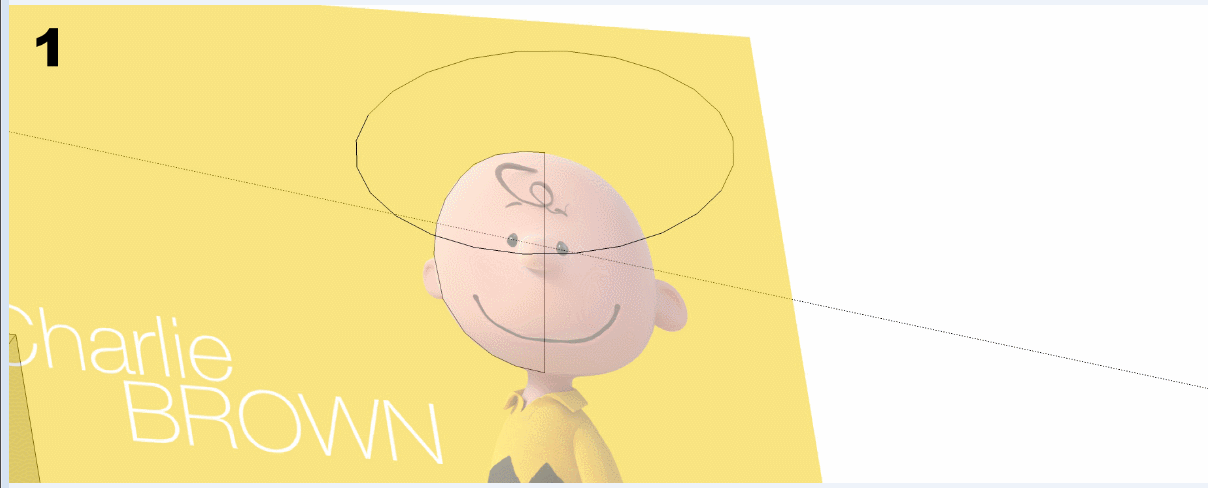SubD examples and models
-
I think I'm infected with SubD-itis ....
 . Edward Wormley sofa I just modeled. Quickie Twilight render and front and back pics showing the control mesh. Cheers
. Edward Wormley sofa I just modeled. Quickie Twilight render and front and back pics showing the control mesh. Cheers  .
.
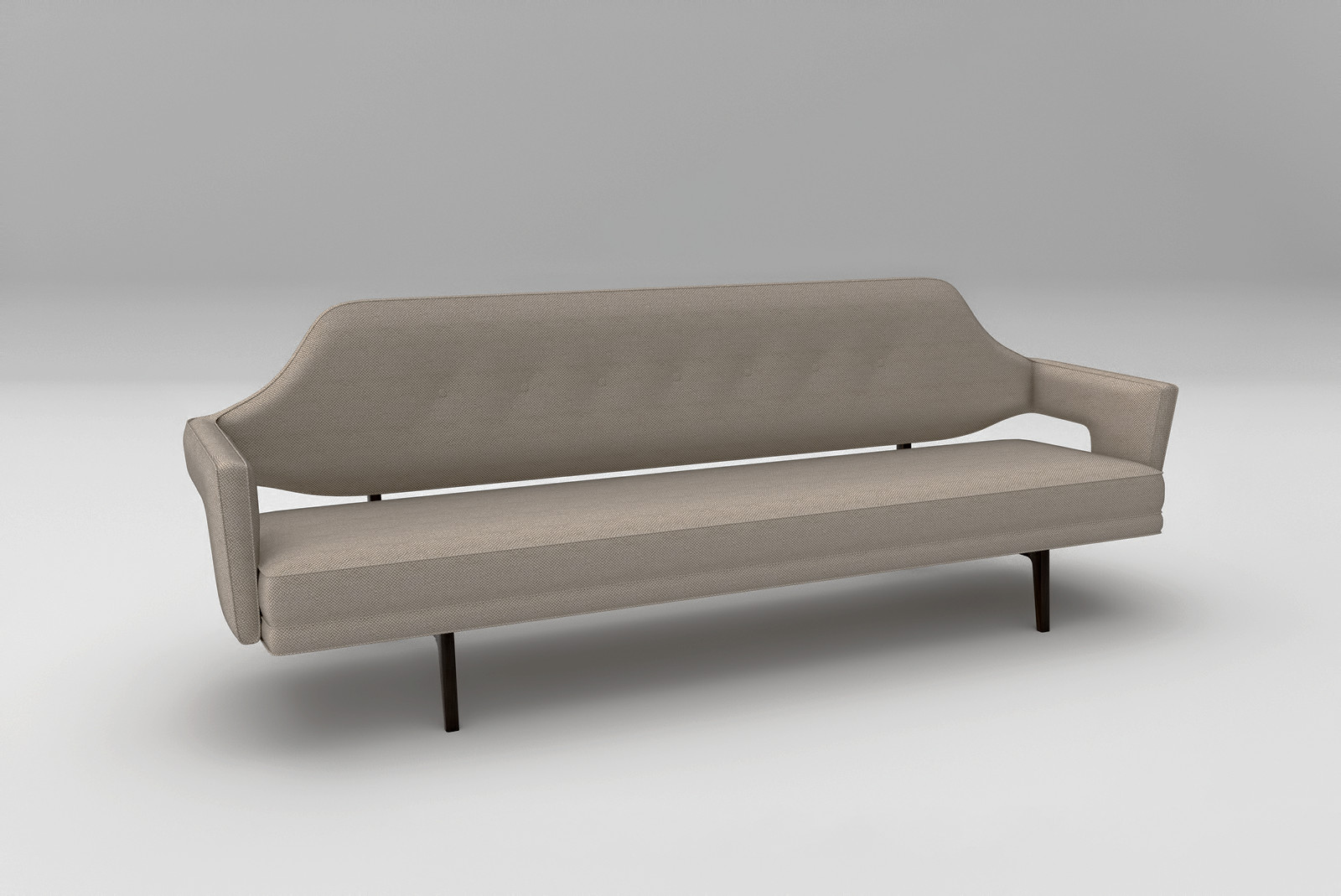
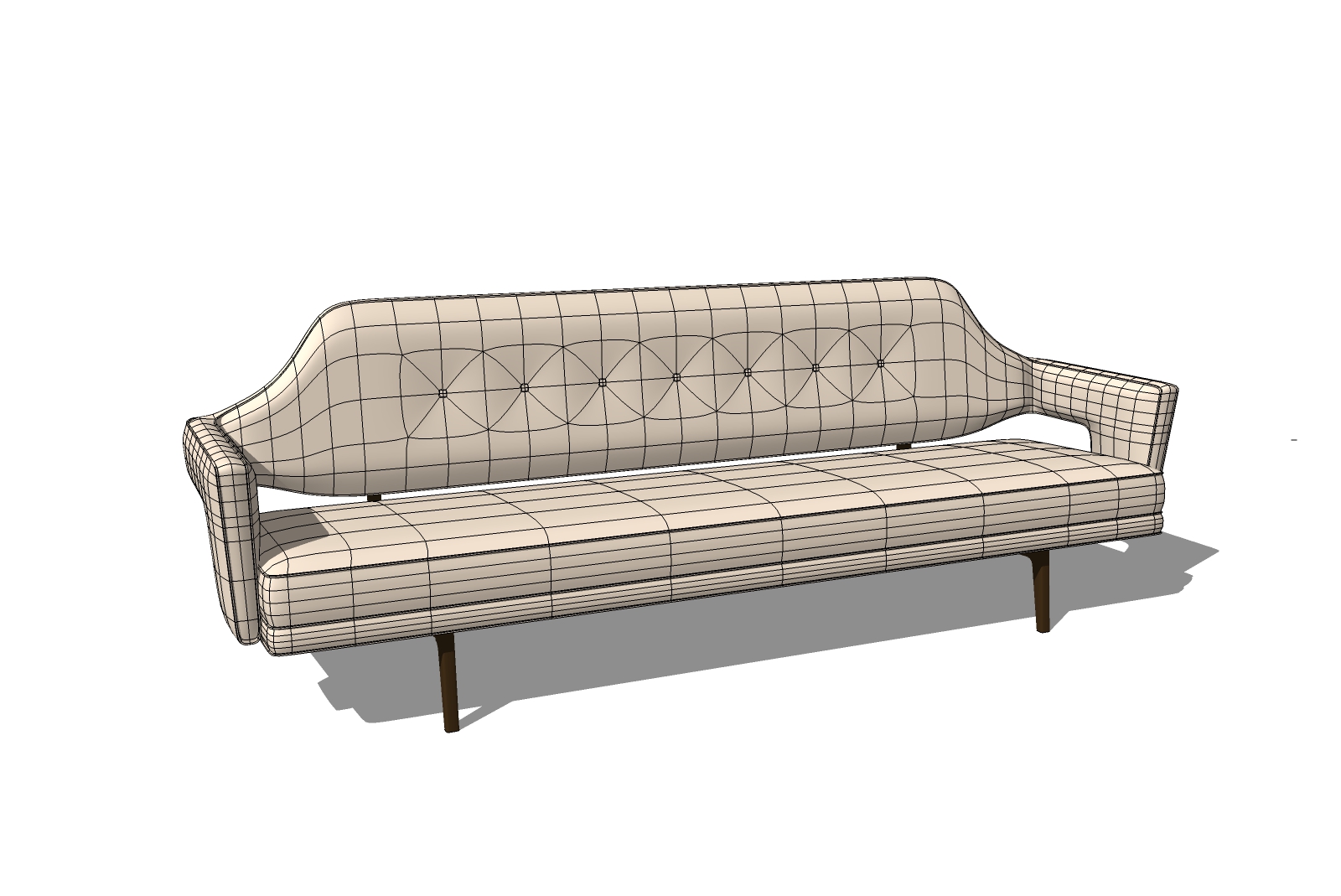
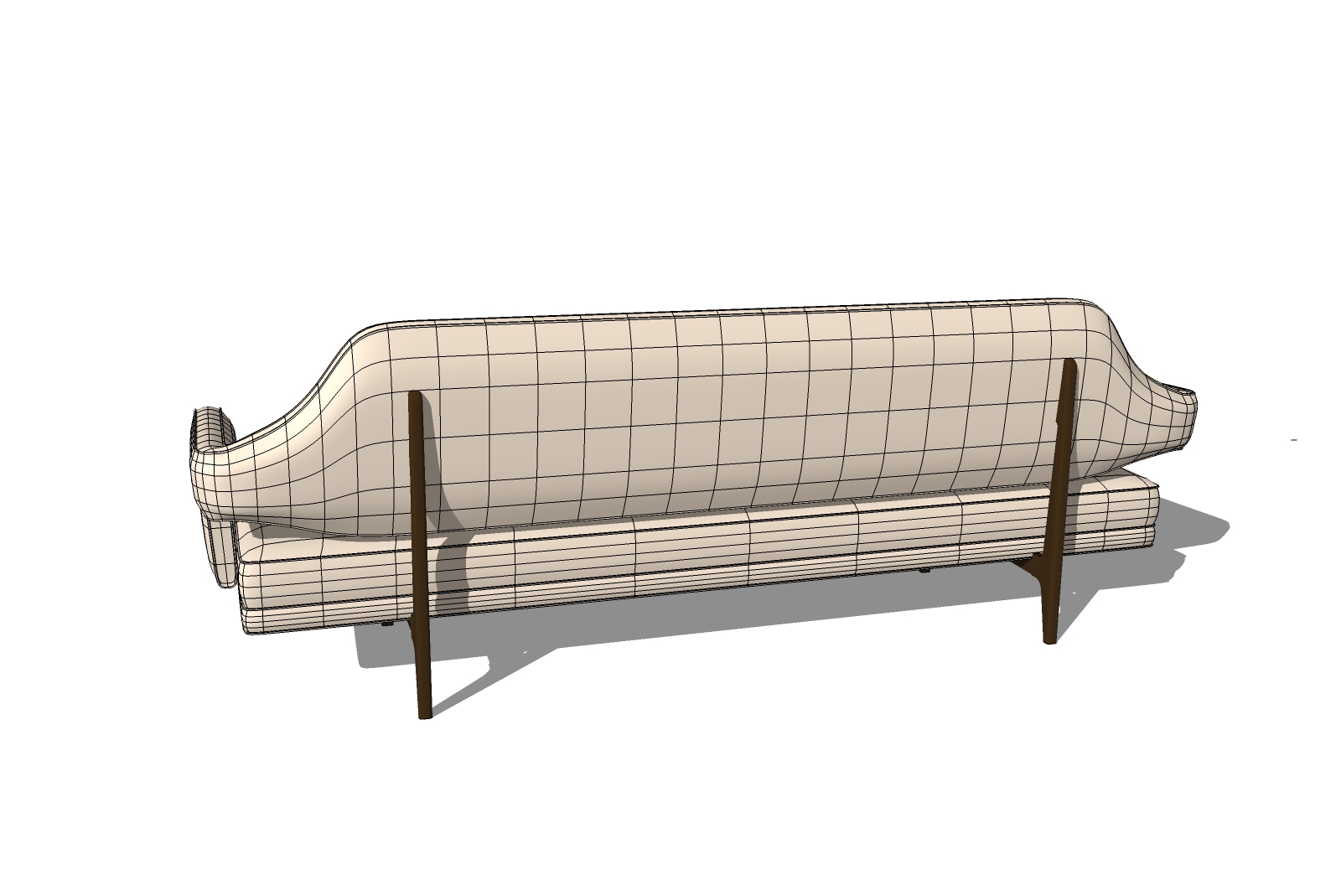
-
@tuna1957 said:
I think I'm infected with SubD-itis ....


 ... as far as I know, there is no antidote(?) so far.
... as far as I know, there is no antidote(?) so far. -
-
Another SubD chair... Raw SU image... added a couple of props for sense of scale and for fun !
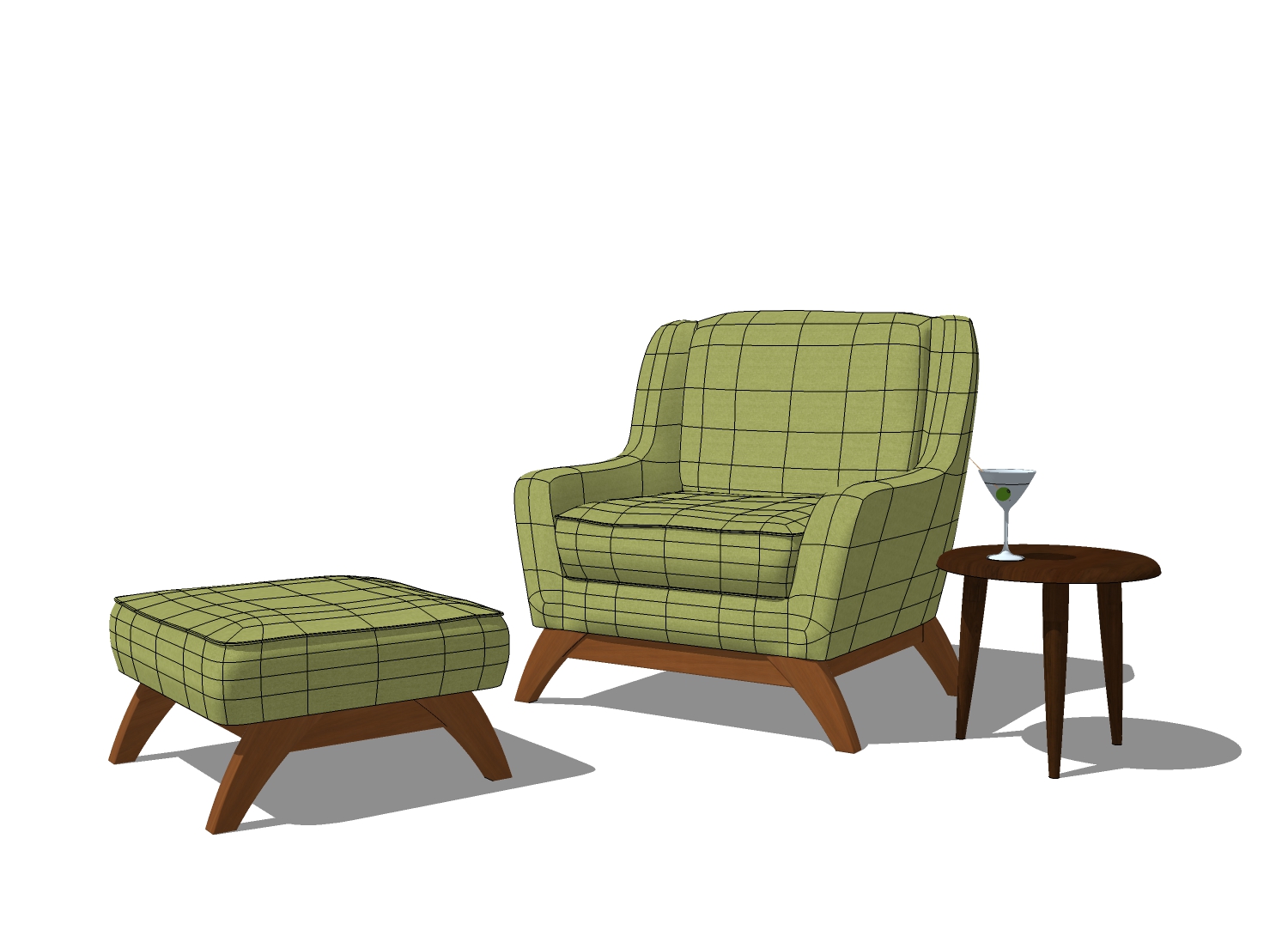
-
@thomthom said:
...I have it locked up safely where no one can get hold of it! muhahahaha!
too late Thomas - it's a chronic SubD-itis already
 but again a so beautiful model
but again a so beautiful model 
-
Heck.... with just a little work you can turn your chair into a sofa !

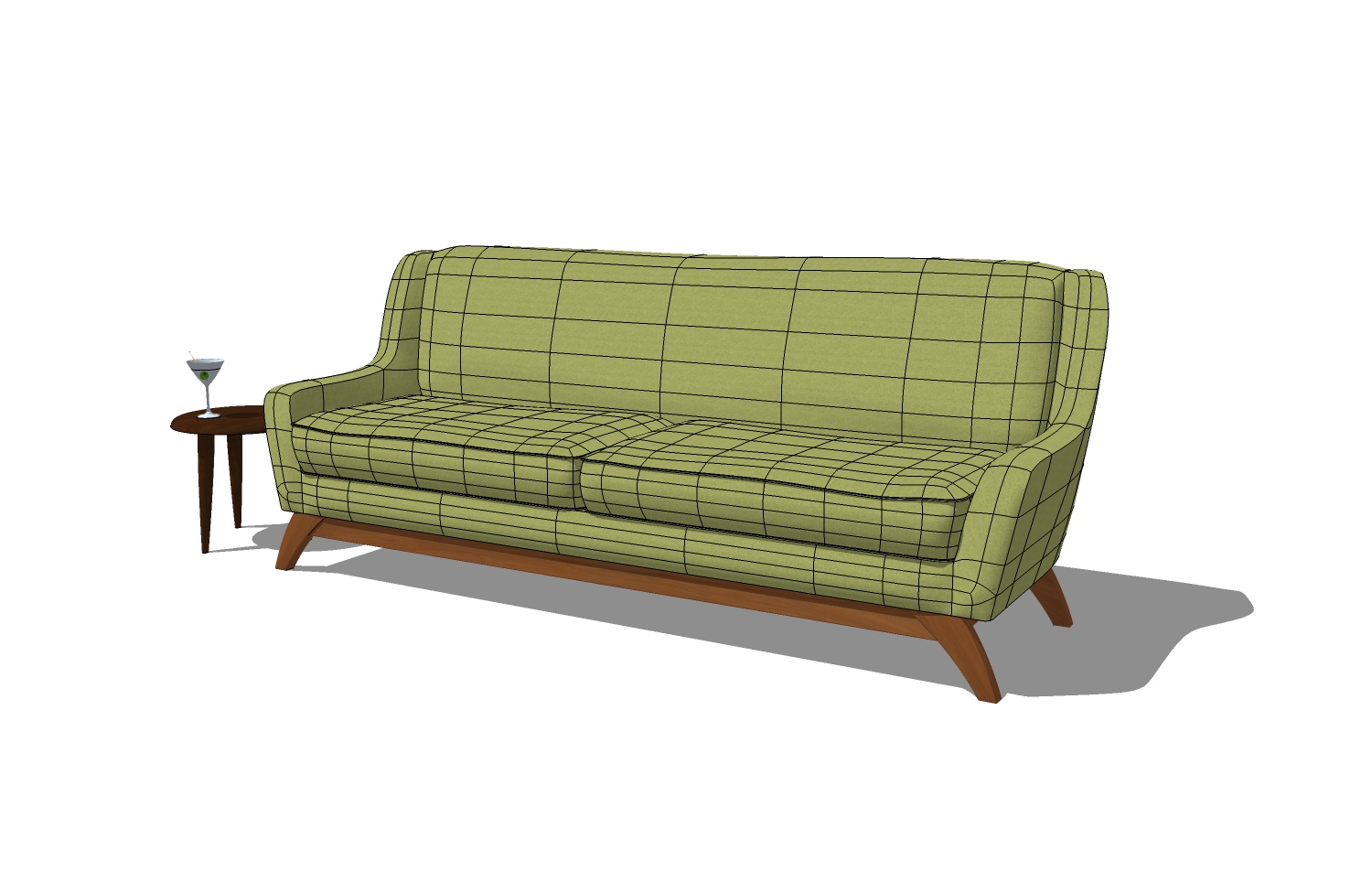
-
A little Sunday doodle.
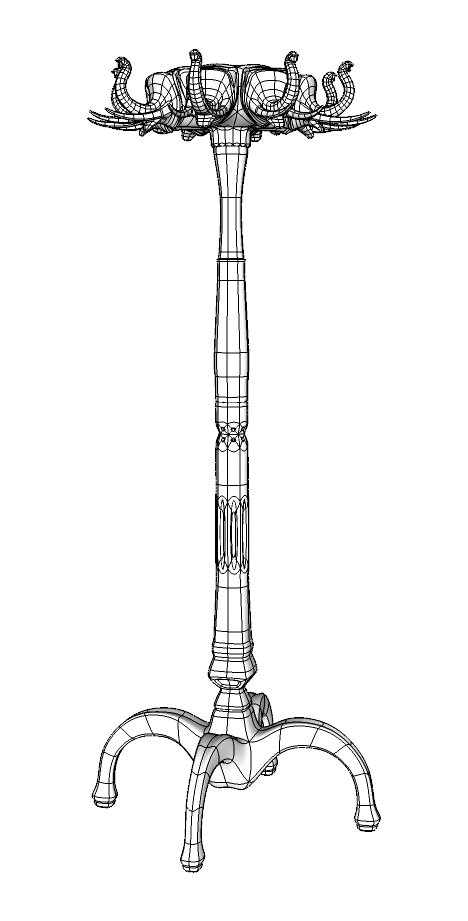

-
Oh, a Dumboodle

-
Box, That's one wild coat rack

-
Someone mentioned a Hammock somewhere and it stuck in my mind.
Made of 5 components all SUbD, printable and would fit together.
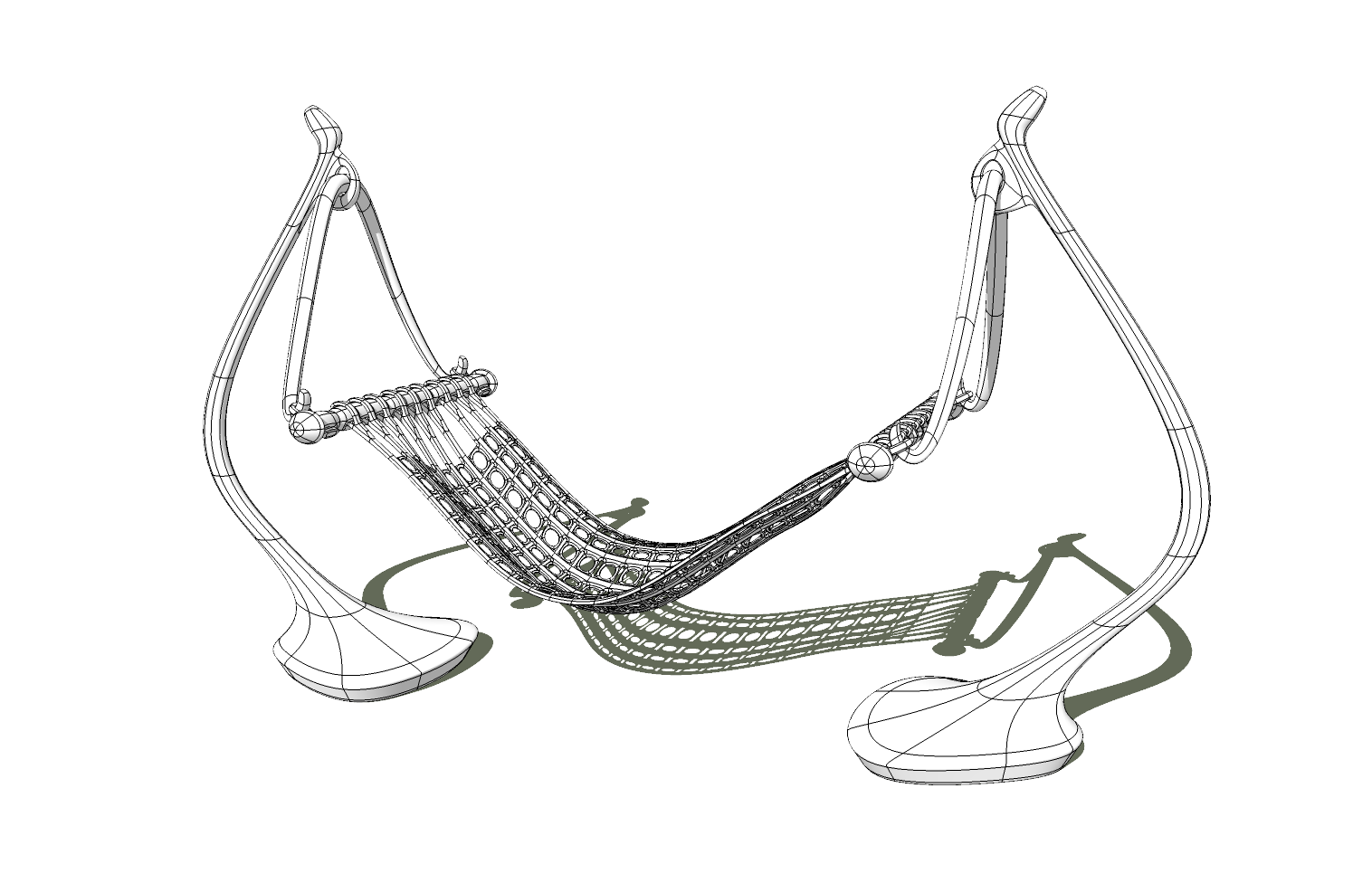
-
Great result!
-
wow - this thing is great Box


-
Dr. Bunsen Honeydew
Dr. Bunsen is the crazy scientist from The Muppets some will remember I think
some will remember I think 
Best & Enjoy
(proxy model is attached)

-
Greta model HornOxx. Curious how you got his fuzzy green texture ?
-
Thanks Tuna. This felt-like texture is a native SkUp color, which gets some bump within Shaderlight render only - it happens to fit very well here and has nothing to do with the fact that I would have done it myself
 so sorry that I don't have any smart tip here.
so sorry that I don't have any smart tip here. -
@hornoxx said:
Dr. Bunsen Honeydew
Dr. Bunsen is the crazy scientist from The Muppets some will remember I think
some will remember I think 
Best & Enjoy
(proxy model is attached)LOVE IT!!!
-
Cool!
A little more red in the face, a black turtleneck sweater and some wireframe models in the background and he looks like a normal architect to me....
-
thanks Andrew - much appreciated

@faust07 said:
...and he looks like a normal architect to me...


 Yeah, somehow you're right
Yeah, somehow you're right 
-
Marvelous!
-
Advertisement
